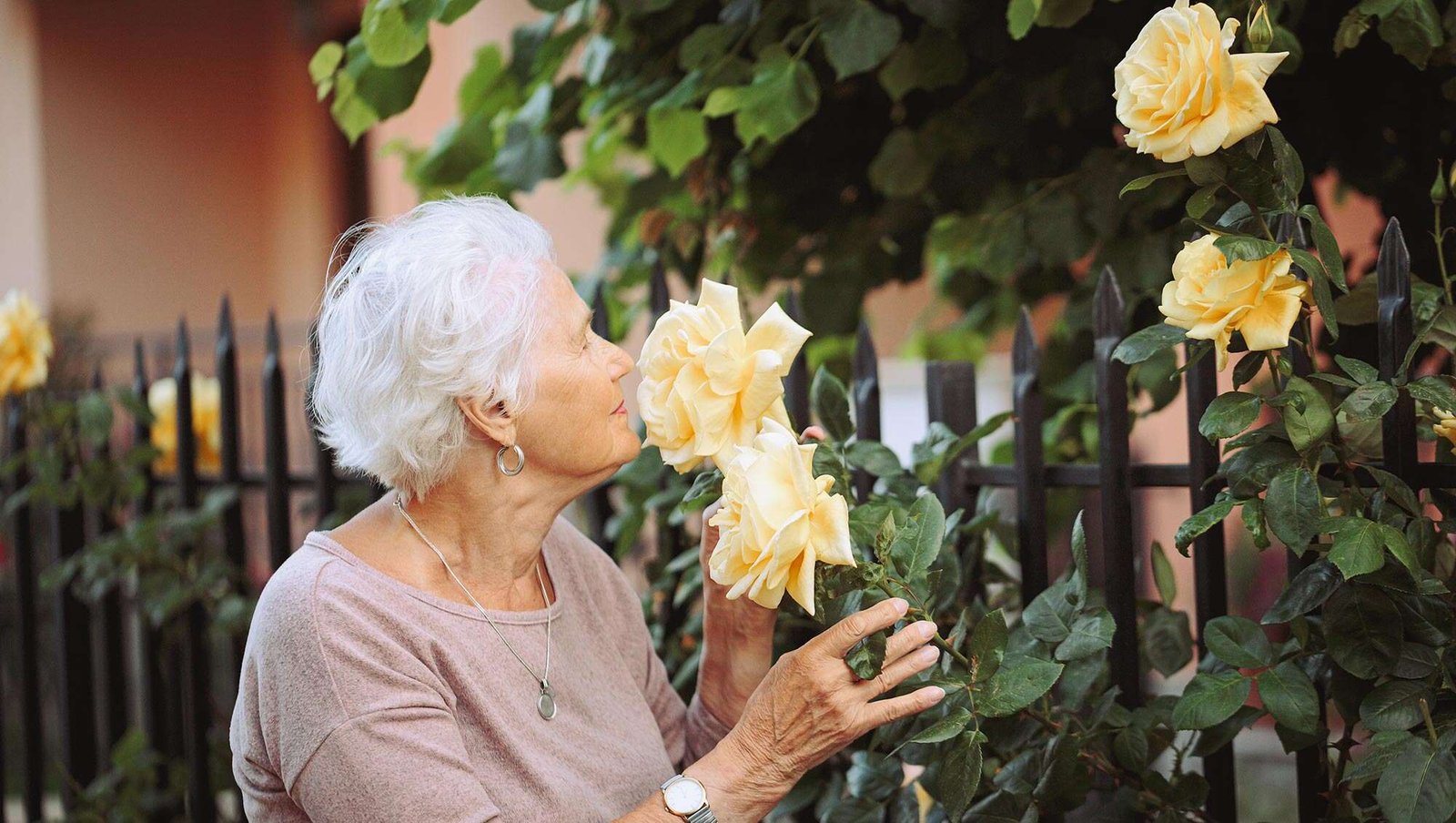Parkinson's is a life-changing disease.
Not only to those who are affected, but also to those who stay by their side. Often family caregivers are alone and poorly protected, even as the first bonuses begin to arrive in support.
When the disease involves the whole family.
In Italy, it is estimated that over 300,000 people live with Parkinson's disease.
But behind every diagnosis, behind every treatment, every small daily gesture, there is almost always another figure who faces the disease day after day: the caregiver. Most often it is a family member - three times out of four it is a woman - who is between 55 and 70 years old, and who lives in the same house as the patient. They are a constant, indispensable presence, playing a silent yet crucial role in ensuring that everyday life is possible. But despite being a mainstay of home care, caregivers are often forgotten, excluded from care and support pathways, and left to deal with an increasingly heavy emotional and physical burden.
The burden of caregiving: between fatigue and loneliness.
Parkinson's disease is not limited to tremors and muscle rigidity: over time, non-motor disorders such as insomnia, depression, and cognitive and speech difficulties also emerge. This leads to an increasing need for ongoing care, which falls almost entirely on the shoulders of family members.
“Parkinson's does not only affect the person with the condition but involves the entire family entourage. - explained the Prof. Mario Zappia, President of the Parkinson's Foundation Onlus and director of the Neurological Clinic of the Catania Polyclinic.
According to a recent survey conducted by the LIMPE Parkinson's Foundation, in collaboration with the Parkinson's Confederation Italy, 75% of caregivers suffer from chronic fatigue, while 65% report severe sleep problems. 15% had to quit his job to devote himself completely to caregiving. Yet despite this constant commitment, 70% receives no support, and only 9% has been able to access specific training. The rest rely on instinct, goodwill, and, often, improvisation.
Be there, even when you are unprepared.
The picture that emerges is clear: most of the caregiver faces a complex task without adequate tools. This exposes them not only to stress and loneliness, but also to the real risk of becoming ill themselves. This is where the importance of accessible solutions that can support not only those who are ill, but also those who accompany them, comes in. One example is Gondola®, a noninvasive home therapy that, by specifically stimulating the feet, helps improve the quality of movement and walking. When these are impaired, the patient's autonomy decreases dramatically, which also has a direct impact on the caregiver's quality of life. Supporting the walk of those with Parkinson's means, in a sense, relieving the walk of those around them as well.
Toward an alliance between those who care and those who are cared for.
The need to create a stronger support network was the focus of the Forum “Parkinson's Body and Soul”, held in Naples in March 2025. An event that brought together physicians, neurologists, healthcare professionals, caregivers, and people with Parkinson's, with the goal of fostering open and constructive dialogue. “Parkinson's - explained Alexander Weaver, coordinator of the Forum - Is a complex challenge that needs to be addressed on multiple levels: medical, psychological, and relational.”. A challenge that involves the entire network around the patient, and which can become less burdensome if an authentic alliance is fostered between those who care and those who are cared for. It is not just about finding clinical solutions, but about recognizing people in their entirety, listening to them, accompanying them.
In a context such as this, where home care for those with Parkinson's disease is often left to family caregivers, the greatest difficulty to be faced-besides the emotional and physical one-remains the economic one. Many family members are retired or workers with little flexibility and without support cannot turn to others for help.
Therefore, in 2025, the Caregiver Bonus, aimed at those who take care, free of charge and on a continuous basis, of dependent family members. The grant is available to caregivers recognized by Law 104, who turn out to be the main point of reference for the person being cared for. It can include work benefits, paid leave, extraordinary leave and economic support, based on family income (ISEE) and the severity of the disability.
Caregivers' rights are not a secondary issue, but an integral part of managing neurodegenerative diseases such as Parkinson's. Caregivers, often in silence, need support, recognition, training and listening.
It needs a network. It takes time. But even a simple sign can make a difference.
Sources:
Parkinson's disease: the 70% of lonely and unsupported caregivers. April, 2025
https://superando.it/2025/04/29/malattia-di-parkinson-il-70-dei-caregiver-soli-e-poco-supportati/
Parkinson's disease: activities, needs and expectations of family caregivers. April, 2024
https://www.sanitainformazione.it/salute/malattia-di-parkinson-attivita-bisogni-e-aspettative-dei-caregiver-familiari/
Italian Parkinson's Confederation, Advice and Strategies.
https://www.parkinson-italia.it/consigli-strategie/254
Italian Parkinson's Confederation, all that can be done.
https://www.parkinson-italia.it/checklist-caregiver/257
Caregiver bonus: what it is and requirements. February, 2025
https://www.serenis.it/articoli/bonus-caregiver/




